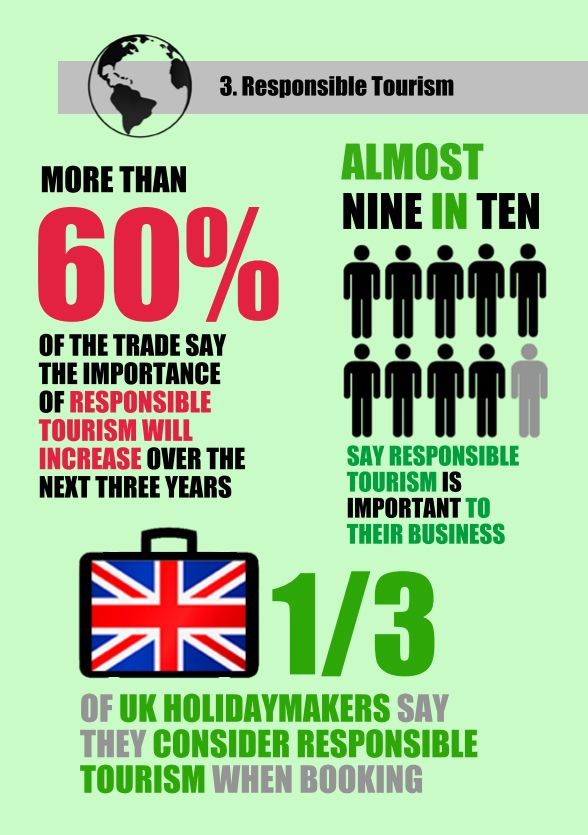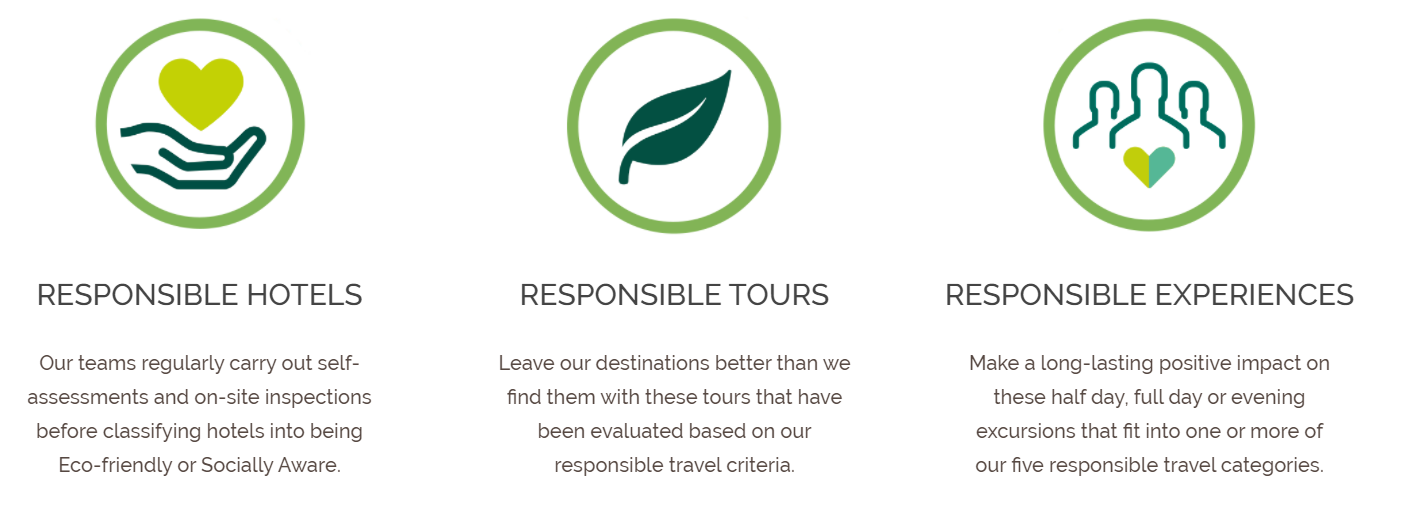How we do responsible tourism in Vietnam
When Viet Green Travel started Responsible Travel in 2010 and started talking about responsible tourism, the prevalent terms were ‘ecotourism’ and ‘green tourism’. Our idea for responsible tourism was that it should encompass all types of tourism (not jus
OUR RESPONSIBLE TOURISM
Thirty or more years ago a movement started amongst wildlife tourism businesses to ensure that tourism and tourists weren’t destroying the wildlife that visitors came to see. They called it ecotourism, and its mantra was ‘Take only photographs, leave only footprints.’
Welcome as this agenda was, it had three major flaws: it focussed only on nature based tourism; it failed to acknowledge that local people live in the places we visit and must also benefit from tourism; and finally, that without any requirement for evidence of real achievement it could be exploited by ‘greenwashers’ keen to jump on the ecotourism bandwagon.
When Viet Green Travel started Responsible Travel in 2010 and started talking about responsible tourism, the prevalent terms were ‘ecotourism’ and ‘green tourism’. Our idea for responsible tourism was that it should encompass all types of tourism (not just nature based) and that it should deliver ‘better places to live in and to visit’ – with the emphasis firstly on creating better places for local people, and secondly for tourists.
We also committed to being transparent and evidence-based about how we are seeking to increase the benefits of tourism to local people and places, in an effort to eliminate the greenwashing that had undermined ecotourism. On our website you can read the responsible tourism policies of all our holiday suppliers, and we publish additional and specific information on every holiday page.

Of course, the impacts that tourism creates locally do not just result from hotels and transportation – but from tourists themselves and how they act and behave. For this reason we decided that tourists had to somehow be part of the process of thinking about and feeding back on the impacts of their holidays and the policies of our holiday suppliers.
Seeing what eBay was doing with its customer reviews, we decided to do something similar, but to ask travellers to feedback on how they saw the responsible tourism policies in action. Every review is forwarded to our holiday suppliers – creating opportunities for continuous improvement - and published for the next traveller to read. We’ve got great examples of how this has created positive change (and helped us weed out the odd company, too).
READ MORE US >>> Responsible travel in the age of COVID-19

Finally, one expression we never use is ‘sustainable tourism’. Much as we try to improve the benefits of tourism to local people and conservation, many of our holidays require an international flight with its associated CO2 emissions. We wish there was a cleaner alternative to aviation fuel, but there isn’t and this puts tourism in an almost uniquely difficult position. Travelling this way isn’t sustainable, but 10 percent of the world’s population (including many in developing countries where tourism is growing fast) depend on the industry.
We are left encouraging you to travel responsibly when you do decide (or need) to travel by air, but not encouraging you to think it is sustainable. At one time we supported carbon offsets as a solution to this problem, but later changed our thinking and our policy on this.



 Viet Green Trip for Android
Viet Green Trip for Android Viet Green Trip for iOS
Viet Green Trip for iOS Review Us at Trustpilot
Review Us at Trustpilot Review Us at Tripadvisor
Review Us at Tripadvisor


